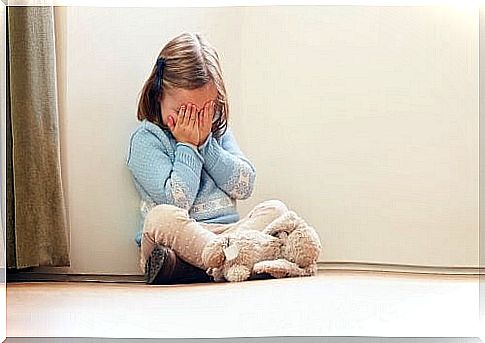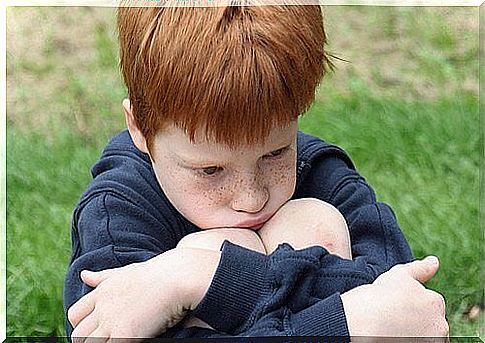The Importance Of Teaching Emotions At Home

As with disease, prevention is often better than cure. For this reason, it is essential to teach emotions at home, before our children’s inability to communicate and express them requires some type of specialized treatment or therapy. Thus, it is important that children carry out activities and work together with their parents, in which they can express their emotions through movement, painting or even in the kitchen.
The importance of defining our emotions
Emotions are our most faithful companions; in fact, we often have them so internalized that at times it is difficult for us to be able to classify them properly. When asked how we feel, the answer is always “good” or “very good”; however, is this how we actually feel? Our vocabulary is often poor when it comes to naming our emotions . For this reason, we usually prefer to give a vague and positive response.
Beginning with knowing our own emotions and knowing how we feel will help us to know ourselves in depth, to make sense of many of our actions, and to be able to better direct and manage our ways of reacting.

Emotions according to ages
Since we are born, emotions are present in us and all of them are necessary and adaptable. However, there are some emotions that arise more strongly at certain ages than at others. We will present some examples:
- Fear of the unknown presents itself between nine months and two years of age.
- Frustration appears around the age of two and three.
- Fear of the dark manifests at approximately age five.
- Pride arises in the first stage of school, due to the need for children to do things for themselves.
- Envy is born at age seven when children start comparing themselves to their peers.
- Guilt starts to develop during the school years.
- Shame becomes more obvious during pre-adolescence .
- Loneliness is accentuated in the period of adolescence.
the denial of emotions
A big problem that our society faces is the permanent denial of emotions, which displease us but which are also essential in our daily life. Thus, annoyance, anger or fear are needed in just the right measure. The secret is to know how to channel them and use them correctly.
For example, the difficulty in expressing oneself properly when we are upset stems from falling into extreme exaggeration or provocation. However, it is often the mechanism we have to express that something does not please us. In the same way, fear makes us wise to act. However, when this is excessive, it can block our mind.
teach emotions at home
According to specialists on the subject, education has evolved over the years. Emotions gain notability and all this thanks to the view of various scientific publications that claim that people’s success fundamentally depends on emotional and social intelligence .
In recent times, it can be seen that educational centers that invest in an emotional education for their students obtain better academic results. In addition, these students have a greater ability to reduce and resolve conflicts.

Even so, families gradually assume an important role in this space. Fathers and mothers attend parenting schools in order to learn the right way to talk to their children and know how to respond to their emotions.
Parents must also learn
The family is the first place where the first bonds, relationships and emotions are built. Parents are role models and guides for their children, which is why, before teaching emotions at home, it is essential that parents are the first to balance and learn to control their own emotions.
The secret to the correct development of children starts with emotional education at home. If from childhood they receive a good emotional education, when they reach adulthood they will be able to properly face all the problems and difficulties that may arise.









